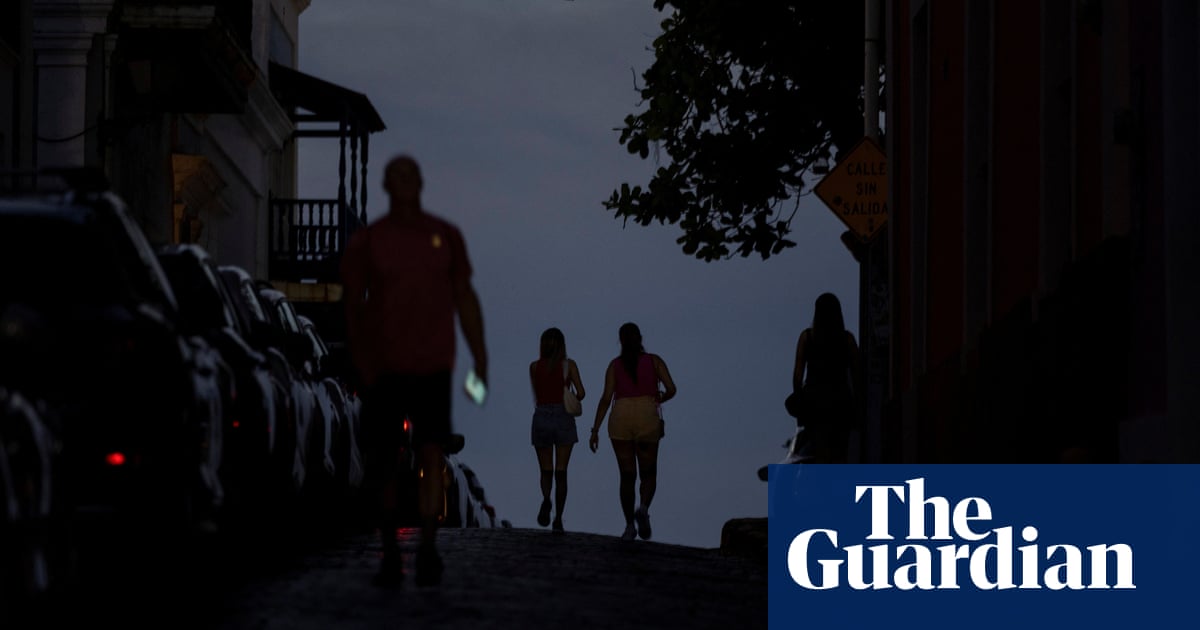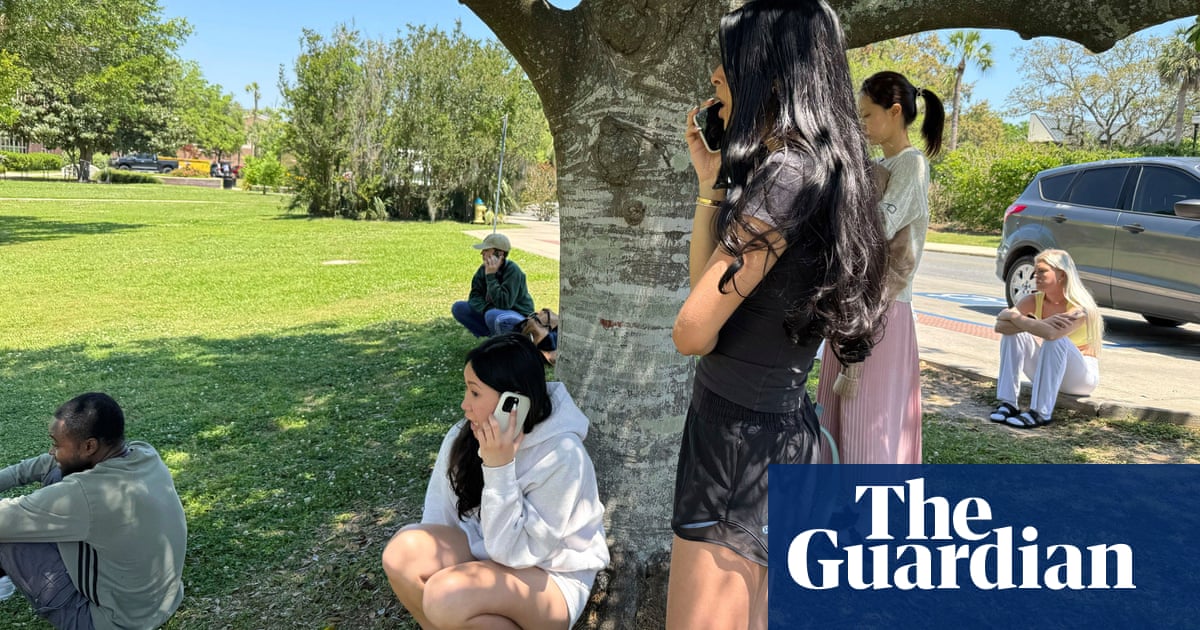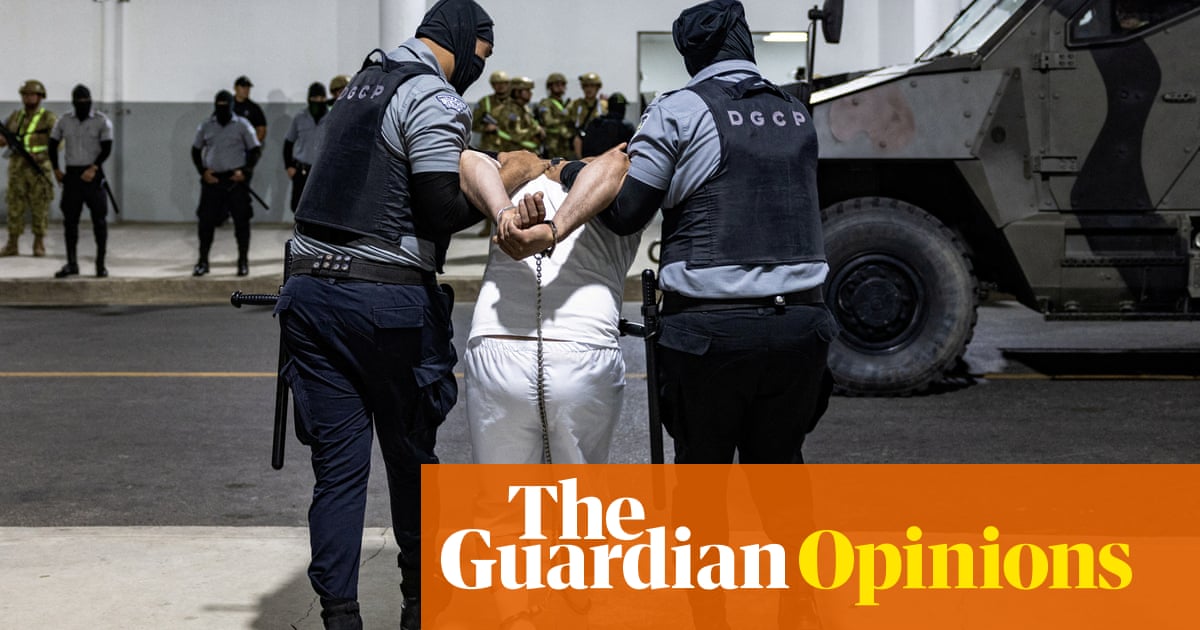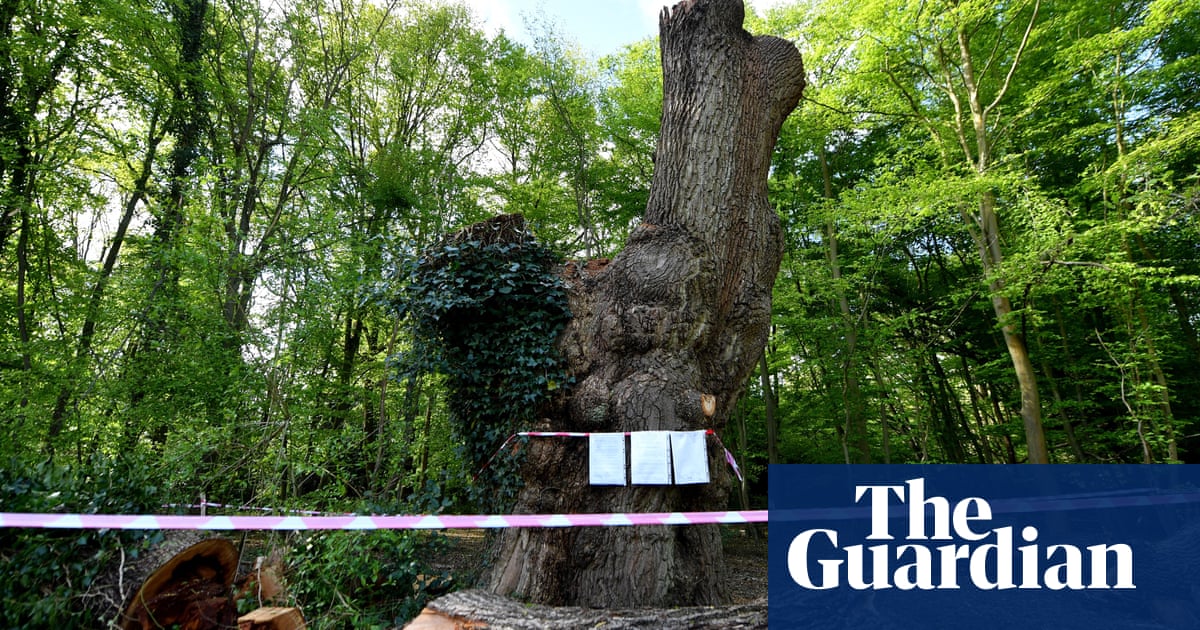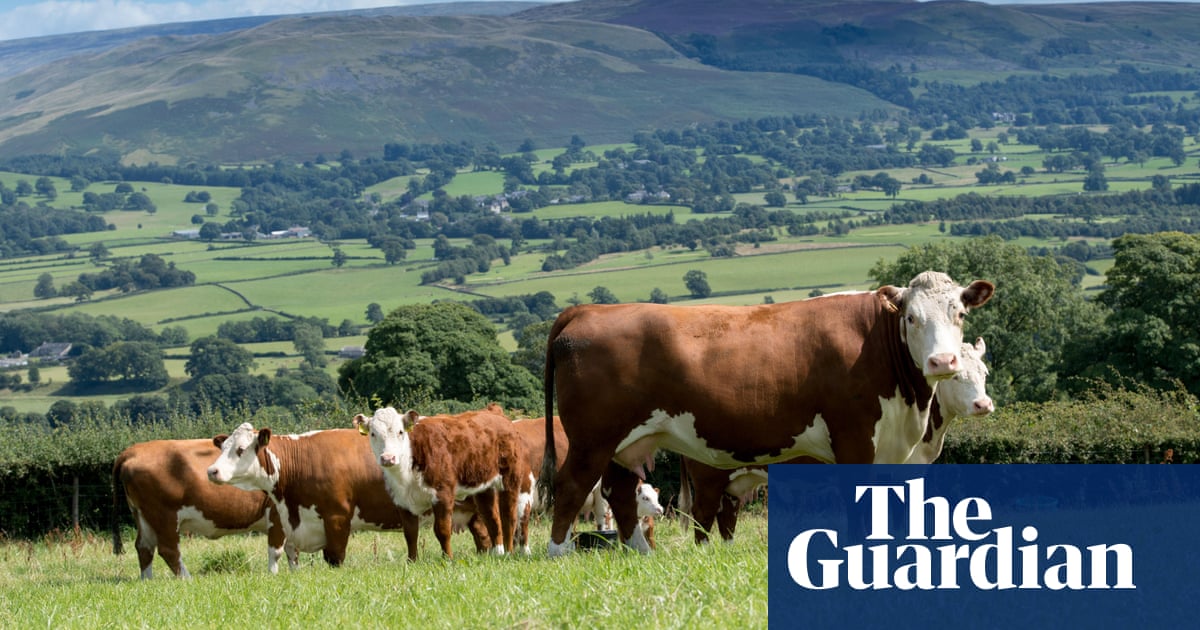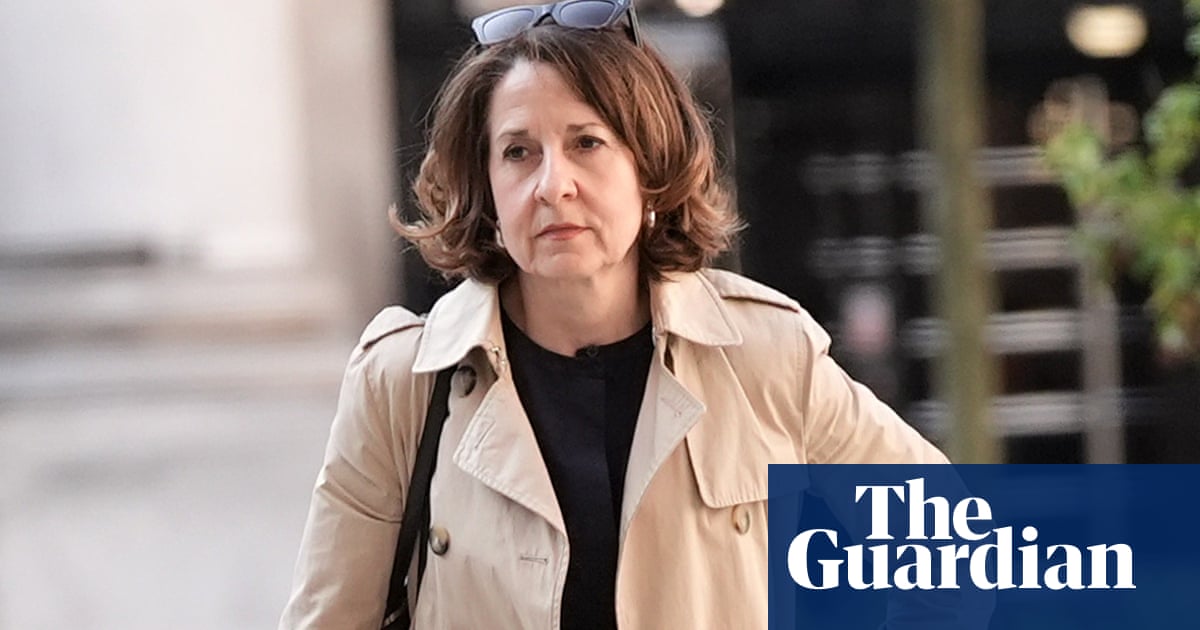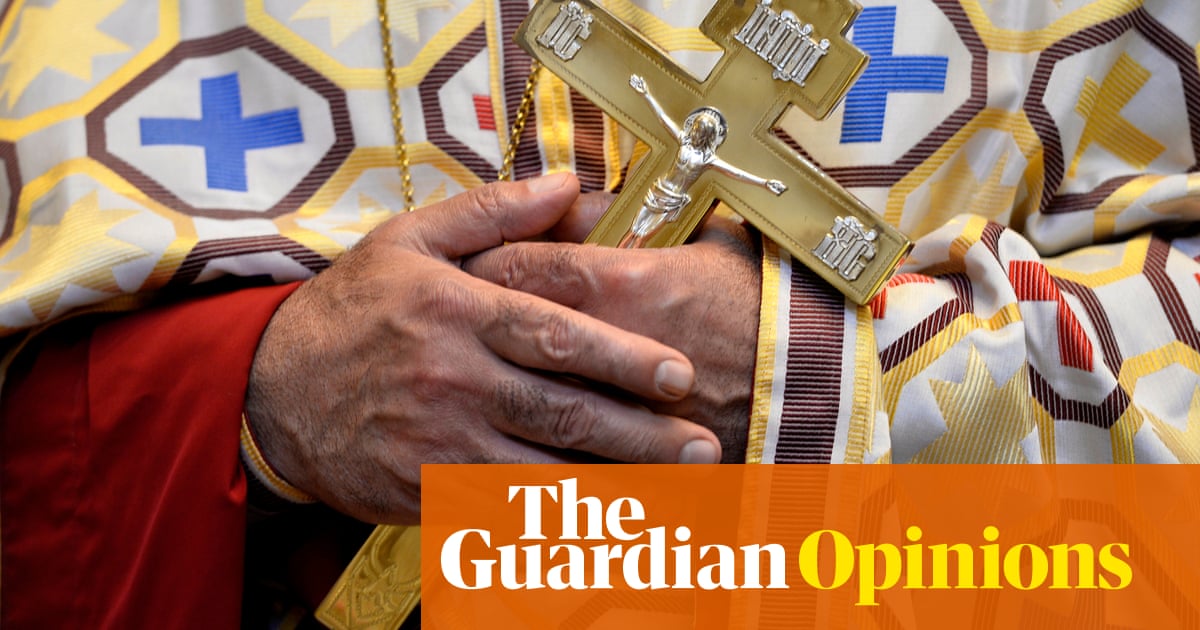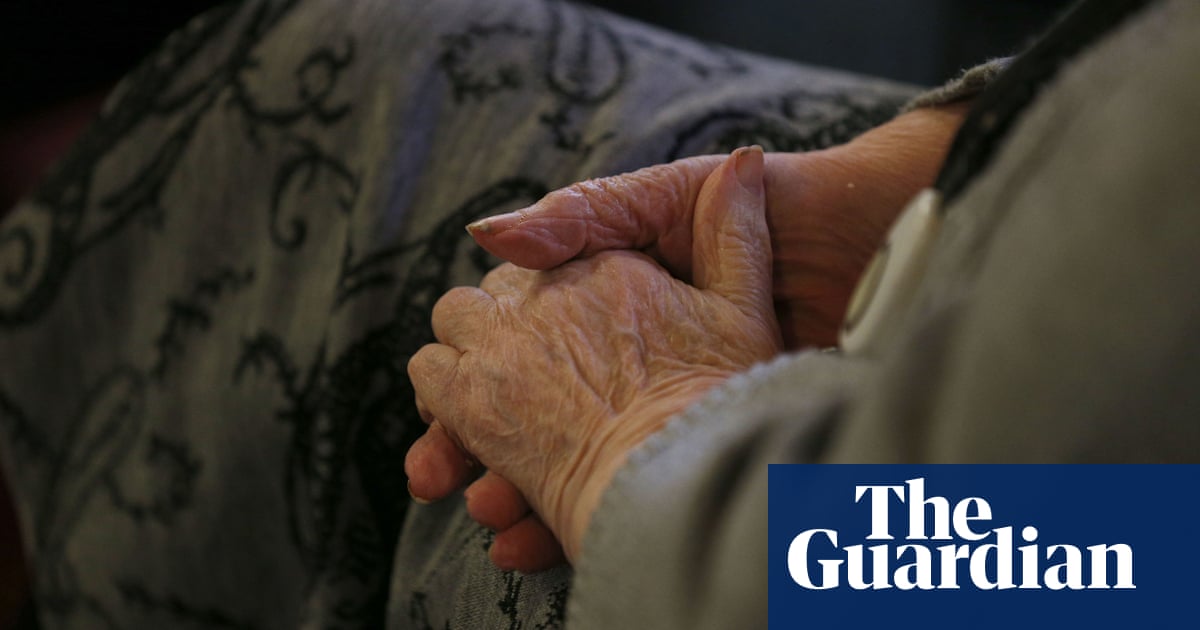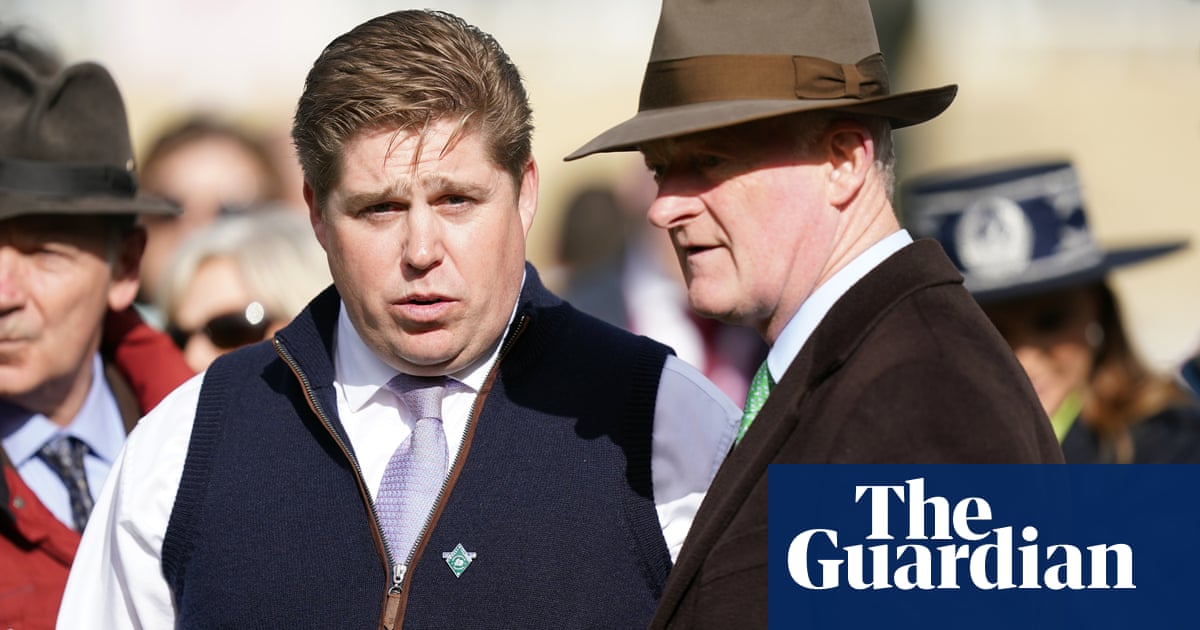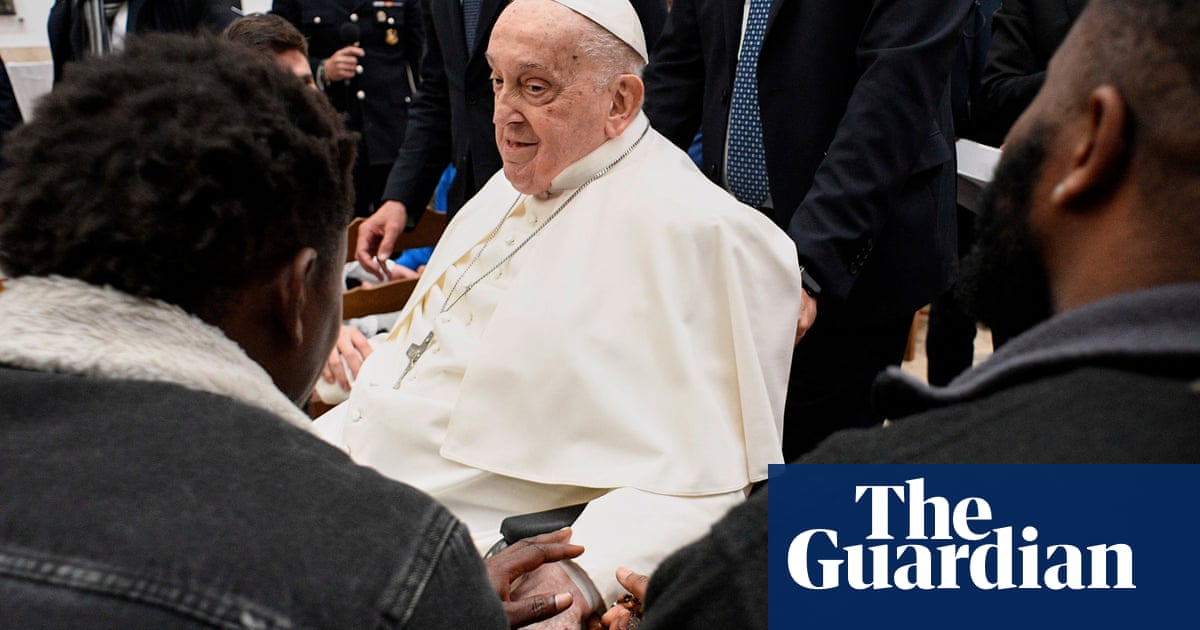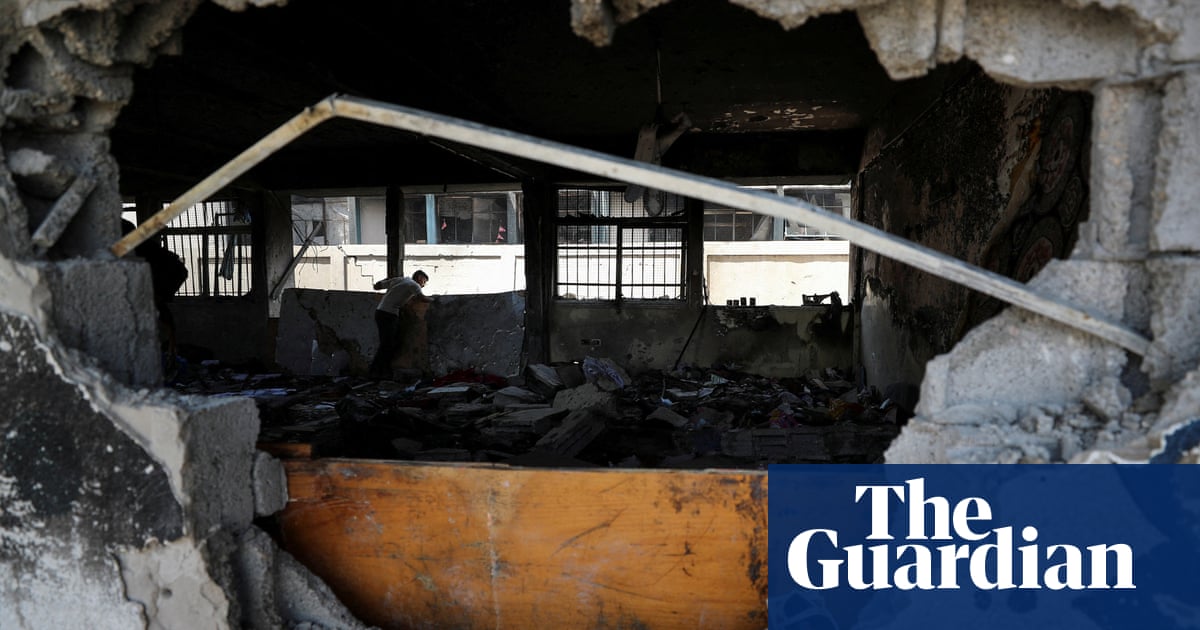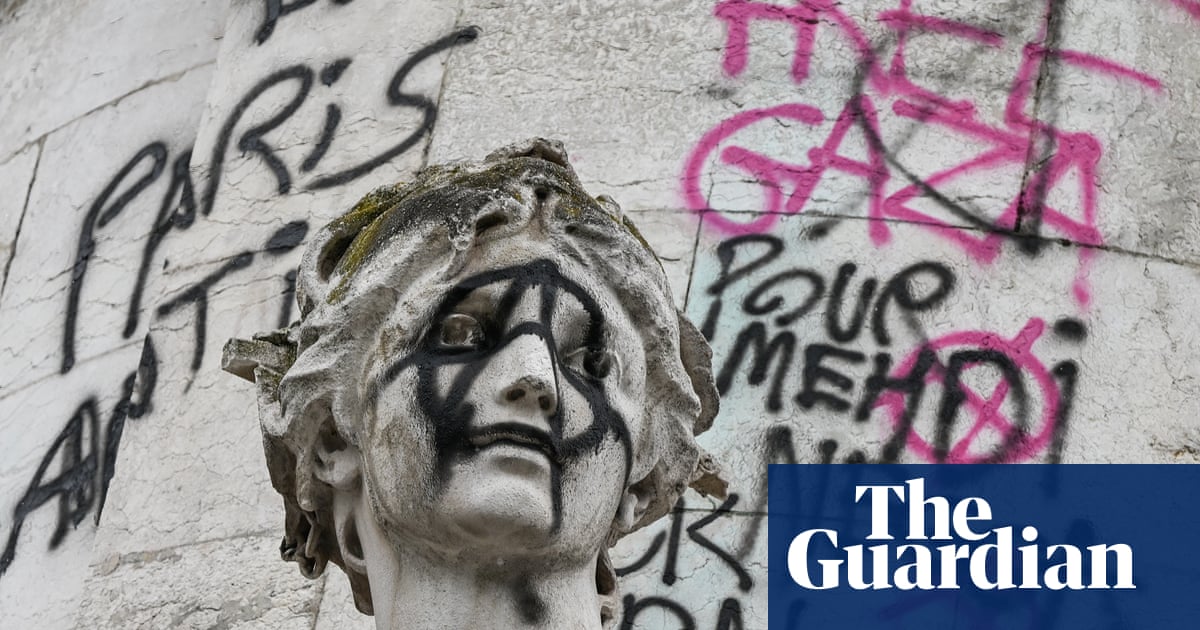Lanre Bakare’s first book is not just a work of history – it is a necessary and urgent recalibration of the way we think about Black Britain. Too often, mainstream accounts flatten the story, centring it on London, reducing the complexities of life beyond the capital to footnotes. Bakare, a Guardian arts and culture correspondent, challenges this myopia head-on, presenting an expansive, deeply researched work that insists on a broader, richer understanding of Black life. He travels to Bradford, Cardiff, Birmingham and Edinburgh, pulling together art, politics and social movements, with a vision of community life in the 70s and 80s that feels both urgent and long overdue.
Bakare opens with northern soul, an unexpected starting point, since it’s mostly associated with working-class white youth. But in tracing its rise and the spaces where it flourished – clubs, underground venues, dance halls – and giving voice to its Black devotees, he paints a deft portrait of the social tensions of the time.
It’s an approach he deploys throughout the book, using cultural moments to explore deeper historical currents. The story of George Lindo, for example, framed for robbery in 1978, is more than an individual tragedy – it is a devastating indictment of Britain’s racialised criminal justice system. Readers may know Lindo’s name from Linton Kwesi Johnson’s poetry (“Dem frame up George Lindo up in Bradford town / But de Bradford blaks dem a rally round”); Bakare reintroduces him in full detail, making his wrongful imprisonment a stark reminder of historical continuities in abusive policing.
In a chapter on Scotland, Bakare dismantles the fiction that racism was always an “English disease”, focusing on the 1989 murder of Axmed Abuukar Sheekh in Edinburgh by far-right football hooligans. The subsequent activism of the Lothian Black Forum, which pressured authorities to recognise the racial nature of the attack, becomes a pivot point in the country’s anti-racist history. From Handsworth, Birmingham, we get a compelling account of how Rastafarians were demonised in Thatcher’s Britain. Bakare traces the genealogy of these arguments to the 1950s, demonstrating the complicity of both the state and the press in shaping public fear.
One of the book’s strengths is that it reads less like a conventional history and more like a documentary, moving fluidly between historical events, cultural movements and personal narratives. The effect is pleasantly cinematic, as if each chapter is an episode in a larger series about resilience and resistance. The discussion of the first National Black Art Convention – featuring figures such as Marlene Smith, Donald Rodney, Claudette Johnson and Keith Piper – is a case in point. Bakare does not simply recount the event; he embeds it in the broader political and artistic scene, making clear its impact on modern art.
What makes We Were There particularly relevant is the way it draws attention to the past’s ongoing reverberations. A chapter on the Reno, Manchester’s legendary nightclub, leads to a discussion of the Fifth Pan-African Congress, an event that remains crucial in global Black history but is barely acknowledged in Britain’s national memory. Elsewhere, he draws a direct line from the Black Environmental Network – founded nearly 40 years ago by Julian Agyeman, a British-Ghanaian secondary school teacher from Hull who took his students on field trips to the Lake District – to today’s Black-led environmental justice movements. This is history not as something distant and concluded, but still unfolding.
Bakare’s achievement has been to fill in at least some of the gaps and silences in the historical record, to put Black Britons back where they have always been. They were indeed there: in the countryside, in the nations and regions, in towns and cities, makers of culture and community – even if the popular imagination has tended to edit them out.
after newsletter promotion

.png) 1 day ago
7
1 day ago
7



